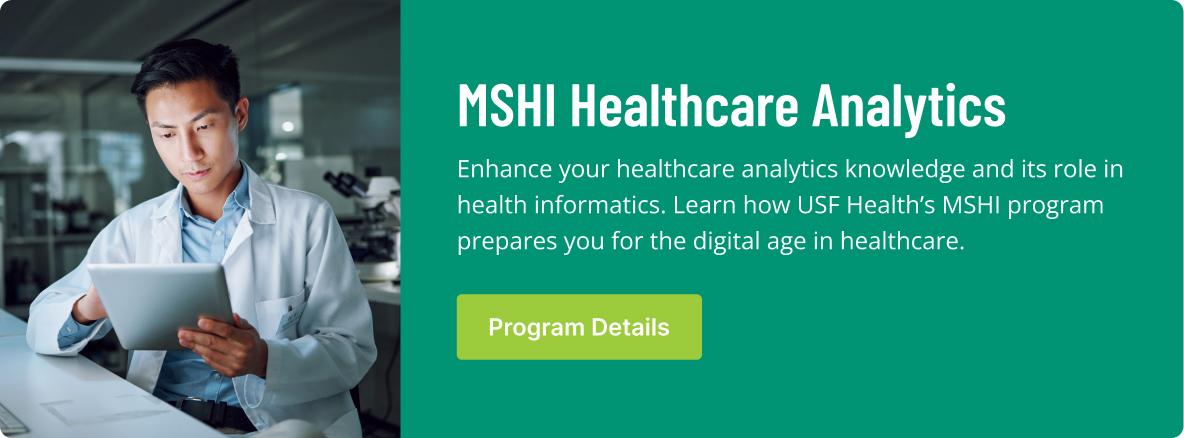As healthcare’s transition into the digital age moves along, there are tools that play a crucial role in facilitating the analysis of the new wave of data being created. Of those tools, statistical analysis systems (SAS) are one that has far-reaching benefits for the healthcare industry, from insurers to doctors and of course, the patients themselves.
The SAS Institute, the creator of statistical analysis systems, has grown significantly since it was founded in 1976. What began as a project to analyze agricultural research at North Carolina State University has grown into a company and software that is used by Big Data specialists working in every industry from banking to pharmaceuticals and government agencies.
Today, SAS healthcare software is pushing healthcare analytics to new frontiers, improving results across the spectrum of care, from the way healthcare providers measure performance to health outcomes and patient safety. According to the institute, SAS is also playing a role in helping understand disease states and identifying strategies to commercialize treatments.
What is SAS Used for in Healthcare?
Through SAS programs, healthcare companies are able to cultivate cleaner data that is more complete, consistent, and reliable. It also provides new ways to report and visualize data.
For clinicians, some major benefits of SAS healthcare programs include the ability to measure treatment effectiveness and develop clinical profiles that can reveal insights about a doctor’s practice patterns and compare them with that of other physicians and industry standards.
The benefits of implementing SAS systems are vast. They include improved cost control and revenue generation as well as giving the user the ability to explore clinical outcomes and raise the level of patient care.
In early 2017, the SAS Institute unveiled a cloud-based analytics service called Viya, complete with a suite of analytics tools geared specifically toward healthcare providers.
Previous SAS products generally required the user to move from one version to the next, whereas Viya plugs in with existing SAS solutions to provide new analytics insights, solutions and techniques that can be put toward deployable actions, according to an article from Healthcare IT News. The platform also reads images as a data type.
“The end goal is to be able to embed analytics so they are ambient, driving the right answer at the right time for the right outcome,” Mark Lambrecht, industry consultant with SAS Health and Life Sciences Global Practice told Healthcare IT News.
Who Needs SAS Skills?
While SAS programs are used across a variety of industries, their use in healthcare is becoming ubiquitous. Jobs analyzing data in health insurance, pharmaceuticals, care providers, billing and government agencies are proliferating and increasingly, an understanding of SAS programming is required.
According to a study from Money magazine and Payscale.com which outlined skills considered most valuable by employers across 350 different industries, SAS skills took the No. 1 spot with an average pay boost of 6.1%. Data mining and modeling were also listed as highly valuable skills, both of which are a part of SAS operations.
The market for SAS certified employment candidates is growing at a rapid rate. More than 80,000 companies are using SAS software, according to the SAS Institute, and the number of potential employers using its tools is likely to increase.
The Rise of Healthcare Analytics
Developing nations across the world are embracing the potential of healthcare analytics due to the issues they face surrounding the cost of medicine. High-quality, cost-effective services are a byproduct of healthcare analytics, so the market for analytics services and platforms is expected to grow on a global scale.
The only hindrance to the growth of health analytics comes courtesy of privacy issues and a lack of skilled talent, according to a report from TMR Research. With a growing number of positions across the healthcare sector requiring knowledge of SAS systems, the biggest challenge may simply be finding SAS certified professionals capable of taking on the task of getting the most from the health data in the marketplace.
SAS Certifications
SAS Certifications are a good way to show your SAS credentials in the marketplace. According to the SAS Institute, 70% of SAS certified professionals say that holding the credential helped them in their career.
The University of South Florida’s Morsani College of Medicine offers a SAS Approved Graduate Certificate in Healthcare Analytics that will prepare you for roles in management, strategic planning, database design, integration, implementation, and evaluation of healthcare information systems. Those who complete the program receive a SAS Approved Certificate in Healthcare Analytics and are ideal candidates for work in facilities such as acute care hospitals, health insurance providers, academic medical centers, not-for-profit healthcare-related organizations, government agencies and businesses.
The certificate provides technical and analytical skills including data visualization, statistics, and data mining, and predictive analytics as applied to organizational, biological, and clinical data. Coursework will involve solving problems that typically affect healthcare organizations and is conducted using SAS software.




